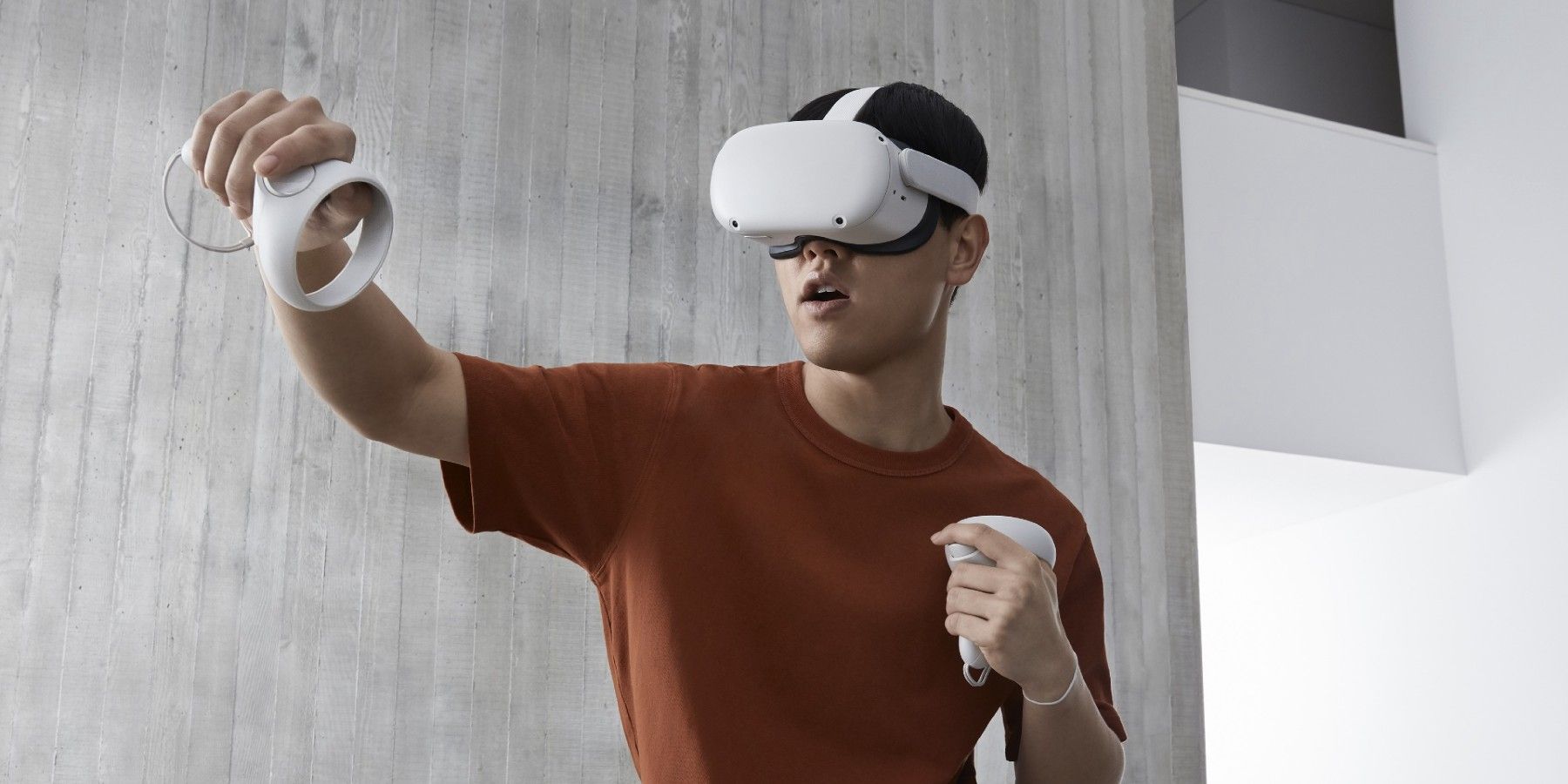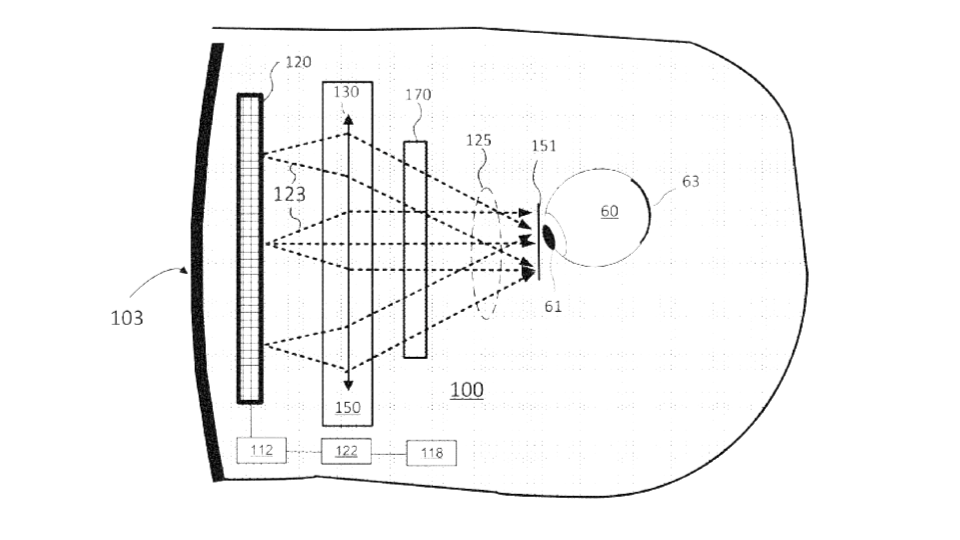Meta has recently filed a patent allowing for variability in field of view and resolution for VR headsets, suggesting that they could be featured in their upcoming headsets. Paired with another recent patent for a pair of gaming gloves, this latest information could mean the company's placing extra emphasis on expanding virtual reality's potential for immersion.
Although it remains a niche today, virtual reality has made leaps and bounds in popularity compared to its origins in the 1990s. What was once seen as science fiction became viable when start-up Oculus released its Rift headset in 2016, two years after being acquired by Meta. Since then, while the Oculus Quest 2 has been successful in the consumer space, $2.8 billion has been lost in VR development.
Patents such as variable field of view and resolution could be insights into where this high development cost has gone. It describes "memory storing instructions and a processor" that get sent to a device, which is specified to be a VR headset, and it performs a method that adjusts between an "immersive mode" and a "focused mode" provided to the unit. What these modes could mean is up to speculation, but one could emphasize a high field of view and resolution that provides a higher fidelity world for users to immerse themselves in with the other lowering one or both to improve performance. If that were true, then this development could be compared to the options between graphics and performance modes many recent games have implemented.
Another insight this patent potentially provides is another look into the headsets Meta announced in October. While quarterly meetings report the headsets were featured in doesn't name mention any specific products, the budget increases for Reality Labs could mean a successor to the Oculus Quest 2 would be a significant step forward from the popular headset. Since this is a patent, the development of this feature could still be early, with its implementation being saved for hardware that will release after 2023.
Developments such as the patent could prove exciting for VR enthusiasts, but Meta has been facing several notable issues as a result of its developments in that space. With the financial losses, VR Executive Consultant John Carmack resigned from Meta after citing inefficiencies in the company and concerns for the Metaverse. Whether the company can rise above the struggles it currently faces or rises above them remains to be seen, but the fact is VR technology is accelerating rapidly and Meta remains committed to its advancement. If it can pull through, then the immersion factor in future VR spaces will be comparable to what was thought to be science fiction.


